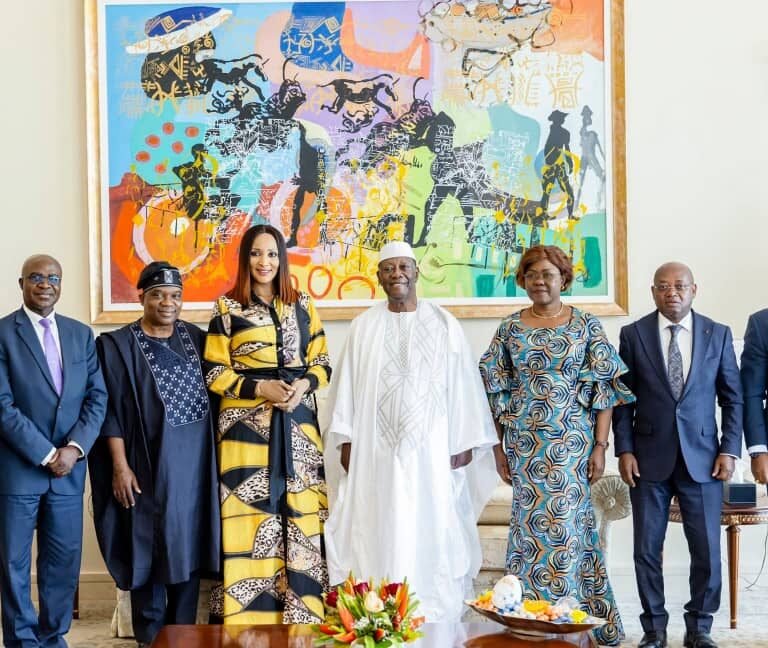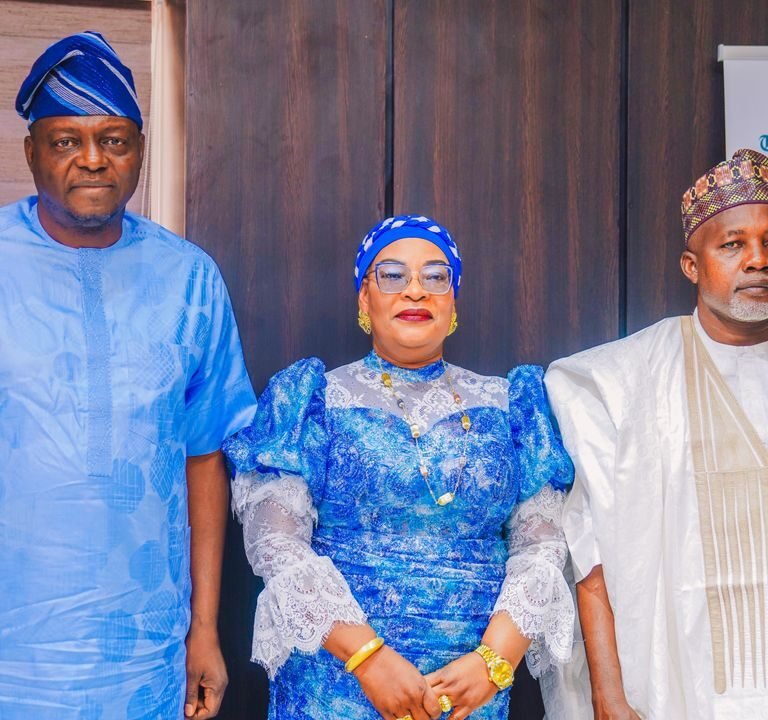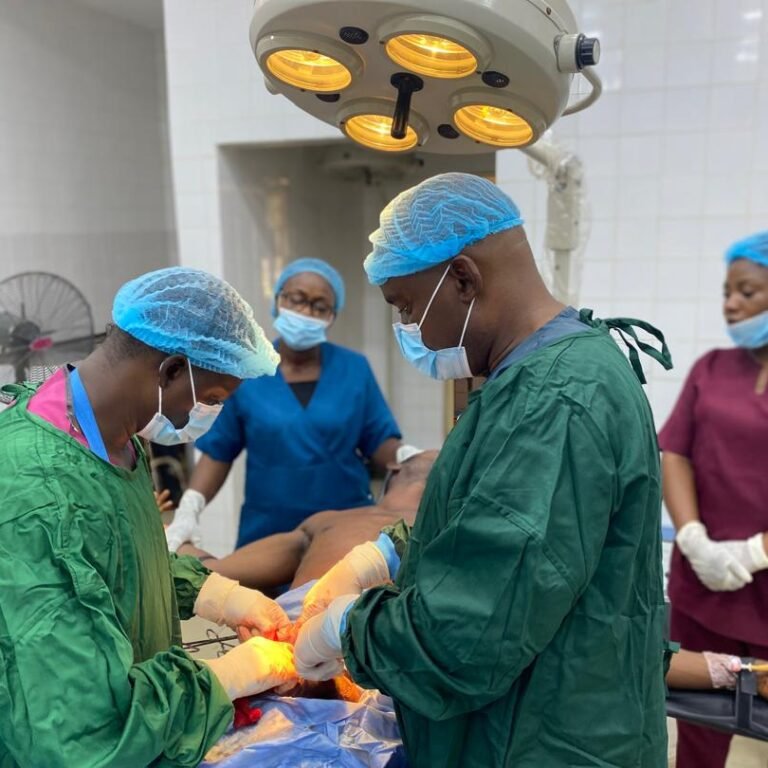
By Dr. Iorwuese Ligom
Nigeria stands at a crossroads, grappling with a crisis that has persisted far too long and threatens to unravel the very fabric of our nation.
The unending bloodshed, largely fueled by violent clashes involving Fulani herdsmen and farming communities, particularly in states like Benue, Plateau, and Taraba, has become a tragic hallmark of our time.
As a medical professional who has witnessed firsthand the devastating human cost of this conflict and as a grassroots politician deeply interested in the future of my community and country, I feel compelled to speak out against this cycle of violence and to advocate for urgent, comprehensive solutions.
The violence that has engulfed many parts of Nigeria is not a sudden phenomenon. It is the result of decades of simmering tensions over land use, resource allocation, ethnic identity, and political marginalization. At the heart of the conflict lies a clash between Fulani herdsmen, who traditionally migrate with their cattle in search of pasture, and predominantly agrarian communities whose livelihoods depend on farming the land.
This competition over land and water resources has been exacerbated by environmental degradation, desertification in the north, and population growth, which have all contributed to shrinking grazing areas. The result has been frequent and often deadly confrontations.
However, to reduce this crisis to a mere resource conflict is to ignore the deeper, more insidious factors at play. Ethnic and religious identities have been weaponized, turning what might have been manageable disputes into violent confrontations marked by brutality and deep-seated hatred. The herdsmen are often portrayed as aggressors, while the farming communities are depicted as innocent victims. Yet, the reality is more complex, with violence and reprisals occurring on both sides. What is undeniable, however, is the disproportionate suffering borne by farming communities, particularly in Benue State, where entire villages have been razed, thousands killed, and millions displaced.
The Nigerian government’s response to this crisis has been, at best, inadequate, and at worst, complicit. For years, the state has failed to provide effective security for vulnerable communities. The security agencies, tasked with protecting citizens, have often been accused of bias, inefficiency, and even collusion with the perpetrators. This failure has eroded public trust in government institutions and has left many communities feeling abandoned and forced to take up arms in self-defense, further fueling the cycle of violence.
Moreover, political considerations have frequently hindered decisive action. The ethnic and religious dimensions of the conflict have made it a sensitive issue for politicians, who sometimes prioritize political expediency over justice and peace. This has resulted in selective enforcement of laws, impunity for perpetrators, and a general lack of accountability. The silence from the highest levels of leadership, especially when attacks occur, sends a dangerous message that some lives matter less than others. This perception deepens divisions and undermines national unity.
The situation calls for urgent and comprehensive action. First, the government must enforce existing laws and enact new legislation that clearly defines grazing routes, regulates cattle rearing, and protects the land rights of farmers. Some states, such as Ekiti, have taken steps in this direction by banning open grazing, and their experiences provide valuable lessons. These laws must be implemented transparently and fairly, without ethnic or regional bias.
Second, the security apparatus must be reformed and strengthened to operate with impartiality and professionalism. Security forces must be adequately trained, equipped, and held accountable to protect all citizens equally. Special task forces could be established in conflict-prone areas, with clear mandates to prevent violence and respond rapidly when it occurs. Community policing and intelligence gathering should be enhanced to foster cooperation between security agencies and local populations.
Third, peacebuilding efforts at the grassroots level are critical. Dialogue between herdsmen and farming communities must be encouraged and facilitated by neutral parties, including traditional rulers, religious leaders, and civil society organizations. These dialogues should aim to build trust, address grievances, and develop mutually acceptable solutions for land use and resource sharing. Education and awareness campaigns can help dispel myths and reduce ethnic stereotyping, promoting coexistence and understanding.
Fourth, the government must tackle the underlying political and institutional corruption that perpetuates this conflict. Corruption undermines the rule of law and allows criminals to operate with impunity. Transparent governance, judicial independence, and anti-corruption measures are essential to restore faith in the state and ensure justice for victims.
As a medical doctor, I have treated victims of this violence-men, women, and children who have suffered horrific injuries and trauma. As a politician from Benue State, I have seen the despair of displaced families and the destruction of communities. The human cost is immeasurable, and the social and economic consequences are devastating. The cycle of violence threatens not only the immediate victims but also the future of Nigeria as a peaceful, united country.
It is time for all Nigerians-government officials, traditional leaders, civil society, and ordinary citizens-to come together and commit to ending this bloodshed. We must reject violence in all its forms and work tirelessly to build a Nigeria where every person can live in safety and dignity, regardless of their ethnic or religious background. The path will not be easy, but the alternative-continued death, displacement, and division-is unacceptable.
Ending the unending bloodshed requires courage, honesty, and sustained effort. It demands that we confront uncomfortable truths and hold those responsible accountable. It calls for policies grounded in justice and equity, not political convenience. Above all, it requires a collective will to heal our wounds and forge a future where peace prevails.
Nigeria is a nation blessed with immense diversity and potential. Let us harness these strengths to overcome our challenges. Let us ensure that the children of Benue, Plateau, and every corner of Nigeria grow up in a land free from fear and violence. The time to act is now, for the sake of our humanity and the legacy we leave for generations to come.
Dr. Iorwuese Ligom is a Consultant Orthopedic Surgeon and Grassroots Politician, based in Gboko, Benue State, Nigeria








